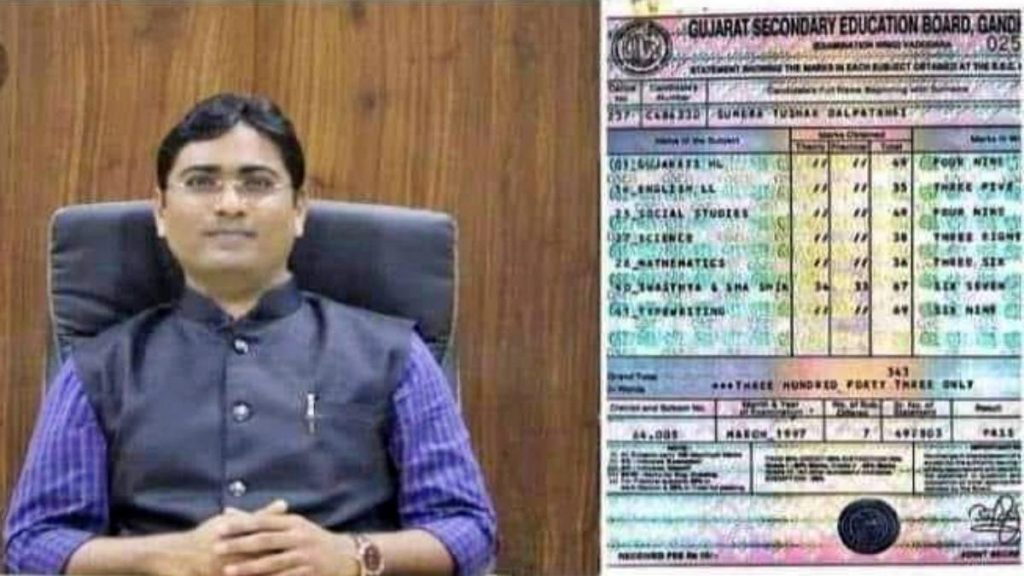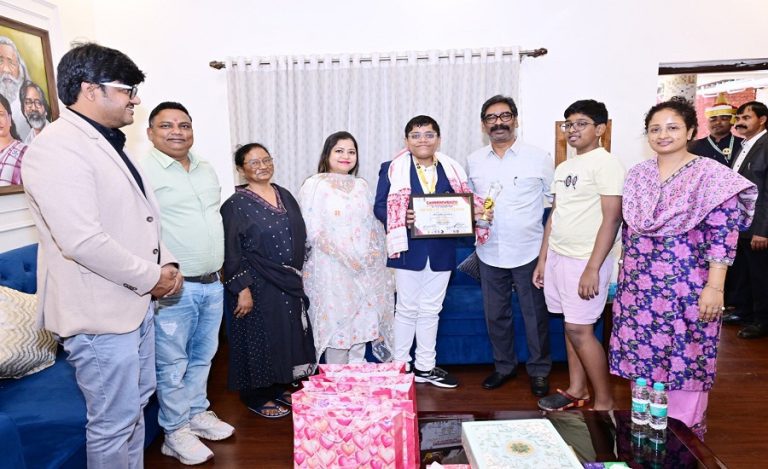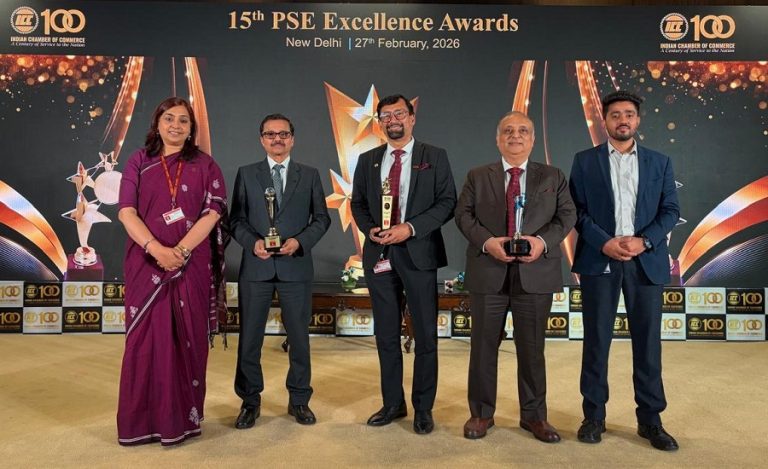A Class 10 marksheet of a Gujarat-cadre IAS officer is creating news lately. Why? The marksheet shows that the officer had secured just passing marks in three very important subjects – 35 marks in English, 36 in Mathematics and 38 in Science, out of 100.
The marksheet belongs to 2012-batch IAS officer and Bharuch District Collector Tushar D. Sumera. It went viral on social media after it was shared by another IAS officer, Awanish Sharan. Sharing the marksheet, Mr. Sharan tweeted: “Bharuch Collector Tushar Sumera, while sharing his 10th marksheet, has written that he got only passing marks in class 10th. Not only in the whole village but in that school, it was said, that he cannot do anything.”
But Mr. Sumera proved everyone wrong by getting into IAS with hard work and dedication. And now, he is a source of inspiration for others. The same people who once ridiculed him are now forced to accept that talent matters, not degrees. If you have perseverance, nothing is impossible. Tushar, who merely scrapped through high school did his Intermediate in Arts and thereafter completed B.Ed and started working as a teacher. While on this job, the idea of becoming a collector entered his mind and he started preparing for the UPSC exam.
Indian Masterminds interacted with Tushar Sumera to know in detail about his interesting journey and his take on how to clear UPSC exam.
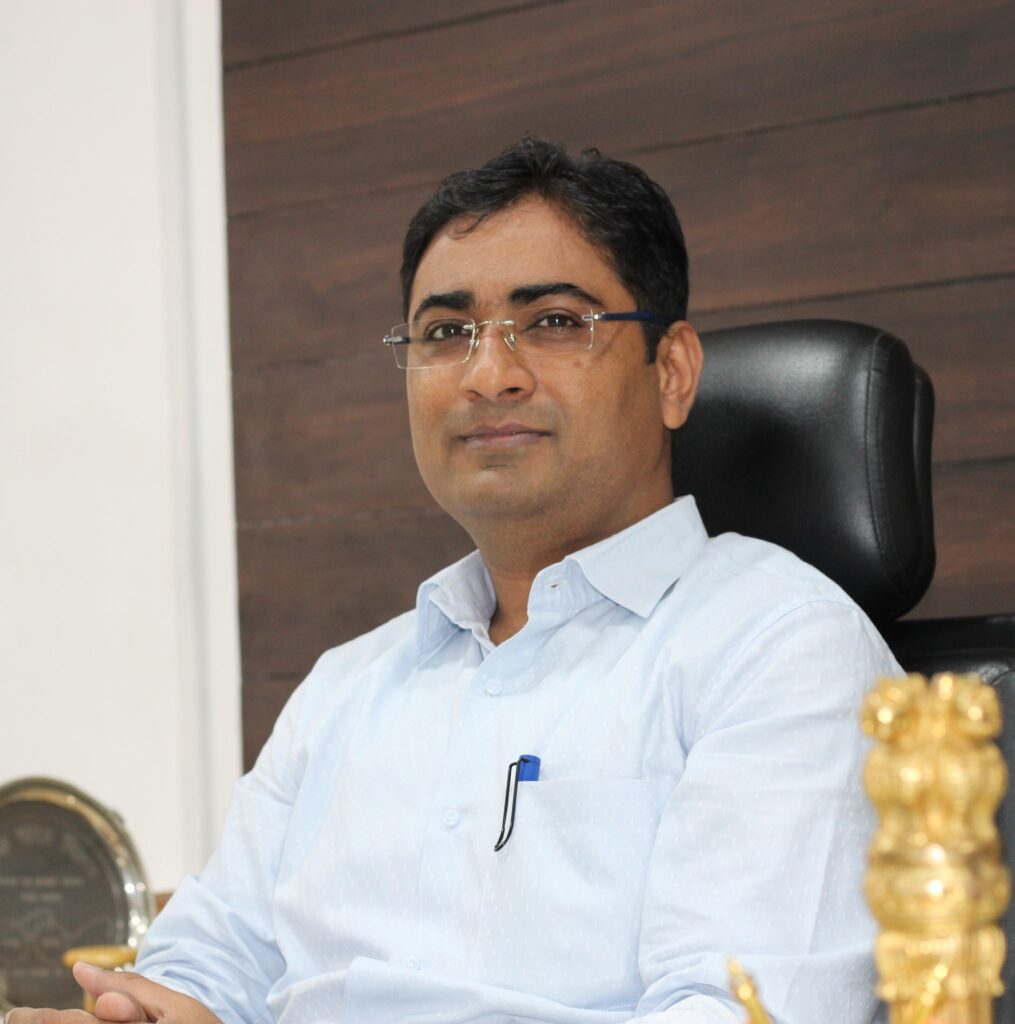
ON MARKSHEETS
Tushar Sumera is of the opinion that a marksheet cannot decide who you are, it can at best see how prepared you are for an examination. Everything depends on you, he says. Once you decide to do something and remain committed to your goal, giving your 100 percent, anything is possible.
FOR STUDENTS WHO GET LESS MARKS
For those students who got less marks in 10th or 12th, he says that they should not let others’ opinions bother them. “We are the best judge of ourselves. Who can know us better than us?” he questions. He says people will talk but “you need to analysis yourself and find out your strengths and weaknesses.”He suggests taking a SWOT analysis and then deciding on future course of action accordingly.
GIVES HIS OWN EXAMPLE
“I got only 35 marks in English, but I passed UPSC in English medium. I got only 36 marks in Maths, but in UPSC’s CSAT, which contains Maths, Reasoning, etc., I got the highest marks in my friend circle. I was weak in Maths, English and Reasoning, but I still cleared UPSC and became an IAS officer. If I can do it, anyone can!”
ON UPSC PREPARATION
According to him, the exam has become more analysis and application based. What matters now is how you apply your knowledge. Whatever you read and prepare for the examination, you need to apply it practically. Your analytical skills need to be on display.
“In my case, I strategised a lot which helped me in the long run. My optional was Sociology, so I searched for old books on the subject that had all the questions. If you have the complete subject matter of the last 40 years, including the questions and answers, you cover almost all topics and the question patterns.”
Hence, he urges all aspirants to strategise well and prepare. To analyse things rather than just mugging up.What matters most is your own capacity to understand things, he says.
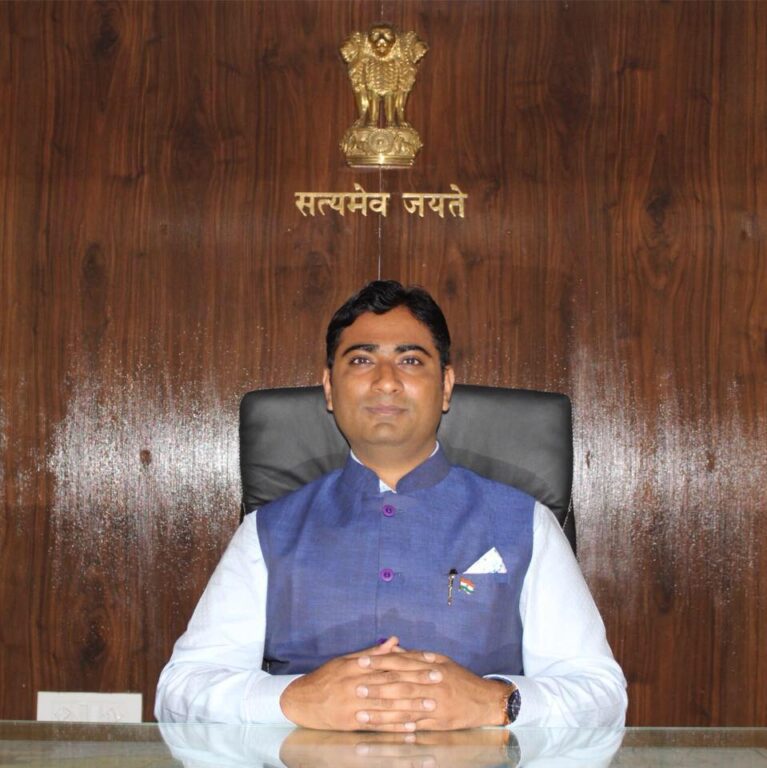
APPROACH UPSC LIKE A BUREAUCRAT
But his most important advice to all aspirants is to keep in mind that they are approaching a bureaucracy exam and so they have to be like a bureaucrat in tackling it. “You have to reply like a bureaucrat, not a researcher. My experience tells me that when you start thinking like a bureaucrat in this exam, your chances of success automatically increase.”
ON FAILURES
Talking about failures, Mr. Sumera said that the best thing to do after a failure is to analyse yourself. “Look at yourself in the mirror. You are a person who has become a knowledge bank. You have prepared almost 5 to 8 years,have read about almost everything that is happening around the world. You have knowledge on subjects like History, Geography, Polity, Agriculture, Science, Current Affairs, etc. If you have a grip on these subjects, then in whatever you do, you will be successful, because society runs on the practical knowledge of these subjects only.”
Explaining more elaborately, he says that if you have knowledge of Economy, you will do well in business. Knowledge of natural farming and geography will come handy in an agriculture career. Hence, he asks all those who failed in CSE to gladly explore other career options and apply their vast knowledge in those avenues. “There are 5 thousand percent chances that you will be more successful in what you do than any other person who is already doing it!”
MCDONALDS & KFC
To corroborate his assertion, he gives examples of McDonalds and KFC. “KFC was started by an old man, and so was McDonalds, after retirement. And today, these companies are MNCs. They did not need marksheets to start the companies. Their educational certificates meant nothing at that stage. So, if before 50 years, these two men could do it, then why can’t UPSC aspirants?”

